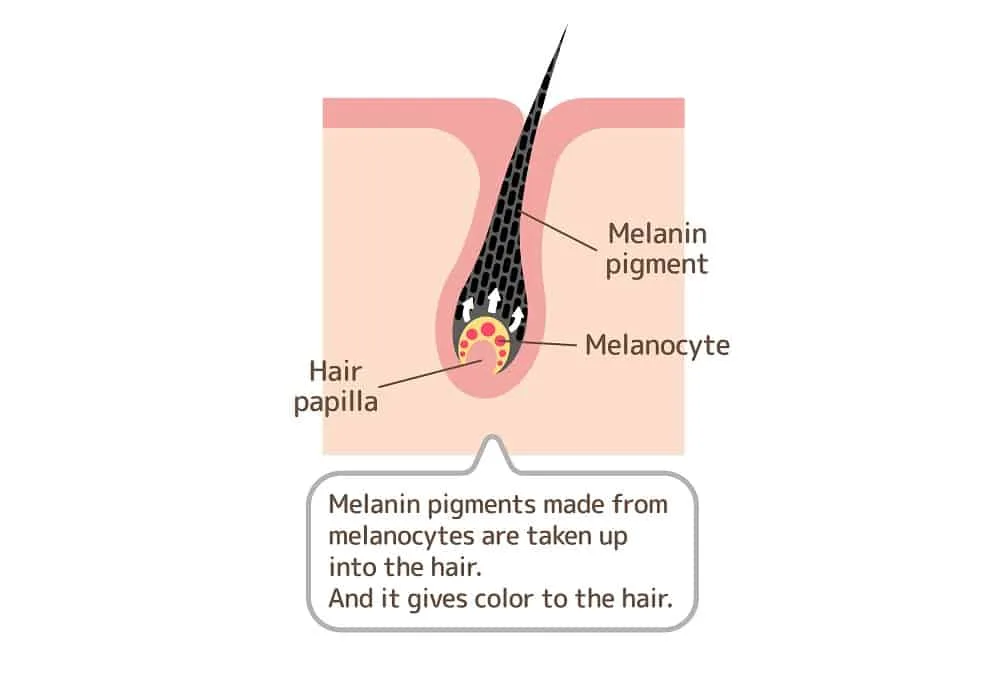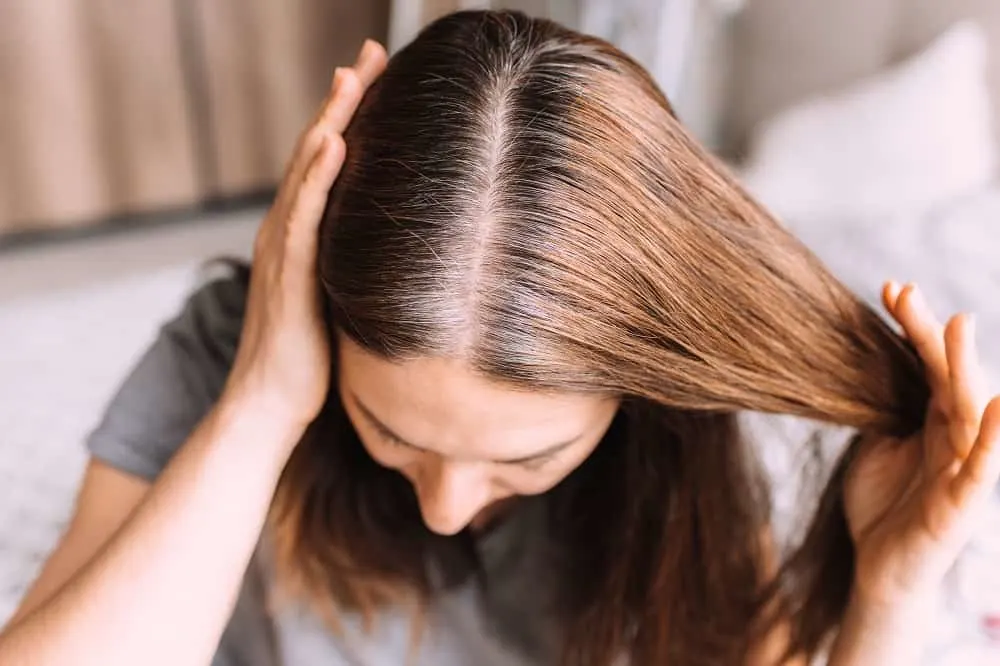Whether you were born a blonde and are curious about why you turned into a brunette or are looking to get that sun-kissed hair look without reaching for the bleach, you might be wondering – can hair color change naturally?
Unlike your eye color, naturally your hair color can change due to aging, gene activation or lifestyle changes.
While this might be bad news to some who fear going gray as they get older, this can also be good news for anyone interested in altering their natural hair color without the assistance of harsh chemicals and dyes. To learn more about how your hair color can change naturally, continue reading below.
The Genetics of Natural Hair Color

The reason that hair color can change over time is due to genetics. The specific genetics involved with hair color is called melanin. While melanin is also a determining factor of skin color and tone, skin color is far less likely to change over time as hair can.
The cause for natural hair color change, with no additional intervention from the individual, can happen when the melanin genes become activated or deactivated. In other words, the individual’s genes can be turned on or turned off during one lifespan.
This determination can happen towards just the top of the head, the bottom of the hair, or throughout. It can even happen in streaks or spots, causing light discoloration for some.
Suppose the levels of the body’s chemicals, which are called pheomelanin and eumelanin, are shifted when the body’s cells produce them. In that case, the hair follicles tend to become lighter or darker, resulting in a new or exaggerated color.
Can Hair Color Change Naturally?
Yes, there are many factors that can cause hair to change naturally. Whether it’s age, your diet, weather temperature, or even your natural hormones.
The most common reason hair color changes naturally is because of age. As people get older, their hair often turns gray or white.
Another common cause is having vitamin deficiency, which means your hair produces less melanin. Melanin is what gives hair its pigment.
Many people decide to take vitamins, such as B6 or B12, to make up for a melanin deficiency. Also sometimes, environmental factors can also contribute in changing hair color.
Understanding Your Natural Hair Color Change

An individual’s natural hair color is defined as the organic hue they have after reaching adolescence and going through puberty.
Until that time, people are constantly changing and evolving. Additionally, their genes are still shifting and will change the way they present themselves physically. This transition will be complete when the individual becomes an adult and completes the growing process.
Commonly, babies and young children are born with one specific hair color, often relatively light like platinum blonde, and eventually grow out of that original color. While this does not always happen, even children from parents with dark features can be born with lighter hair colors.
As blonde children age, the parental genes that dictate their actual natural hair color will kick in and cause the hair to begin to darken. Though this might sound like a drastic change, it is often only noticeable in past family photographs after much time has passed. You will not discover one day that you wake up with a completely different hair color.
Instead, children with lighter hair that turns dark often go through the process very slowly until around the ages of 12-16, depending on their lifestyle, genetics, and gender assigned at birth.
In Summary
It is crucial to remember that it is okay to go gray. While hair color change is a big fear for people who are hoping to avoid going gray, remember that losing the color and naturally turning gray is a normal part of the process of human growth.
For those who hope to keep their original color of locks, consider opting for a lower-stress lifestyle. Stress is a significant factor in hair change for people ages 20 years and older, and a low-stress lifestyle can encourage increased melanin for longer.
In the end, can hair color change naturally? Yes, it can. Your unique DNA determines what changes will take place. You are just along for the ride!
